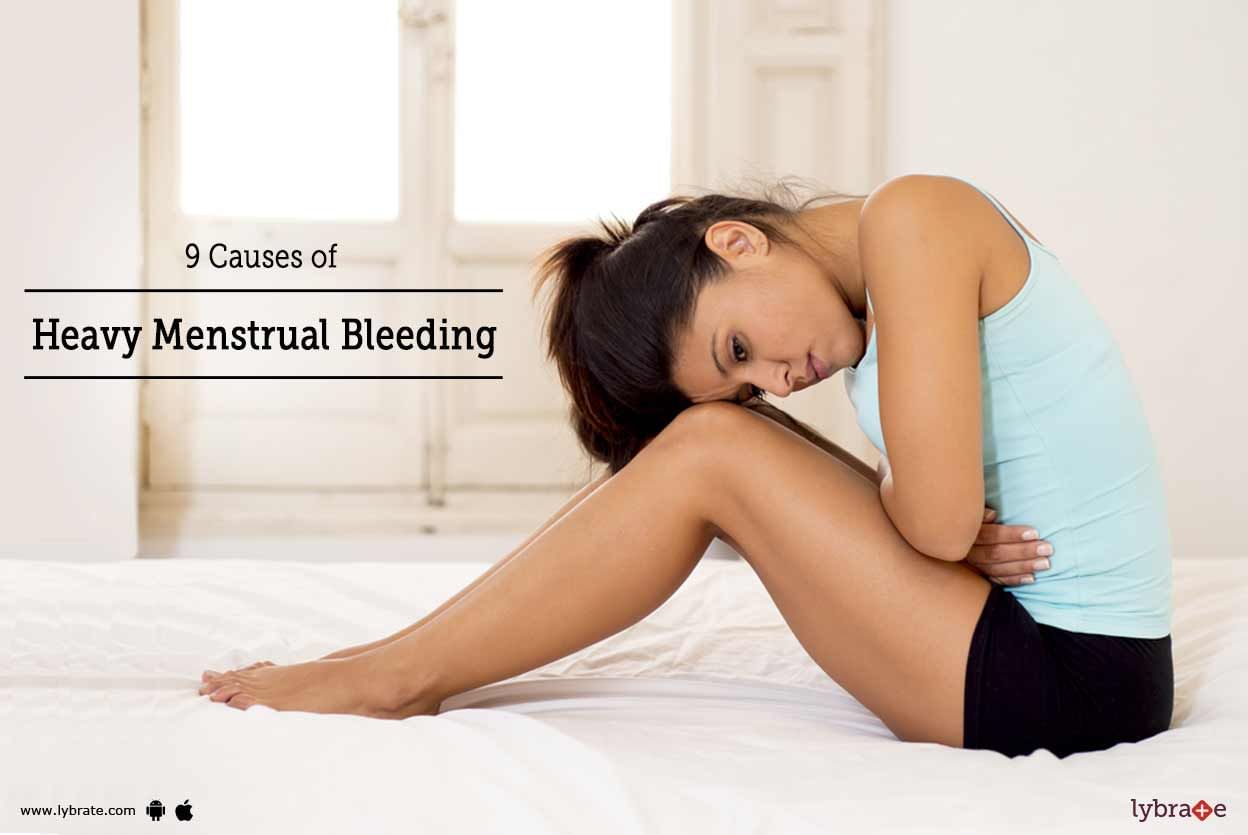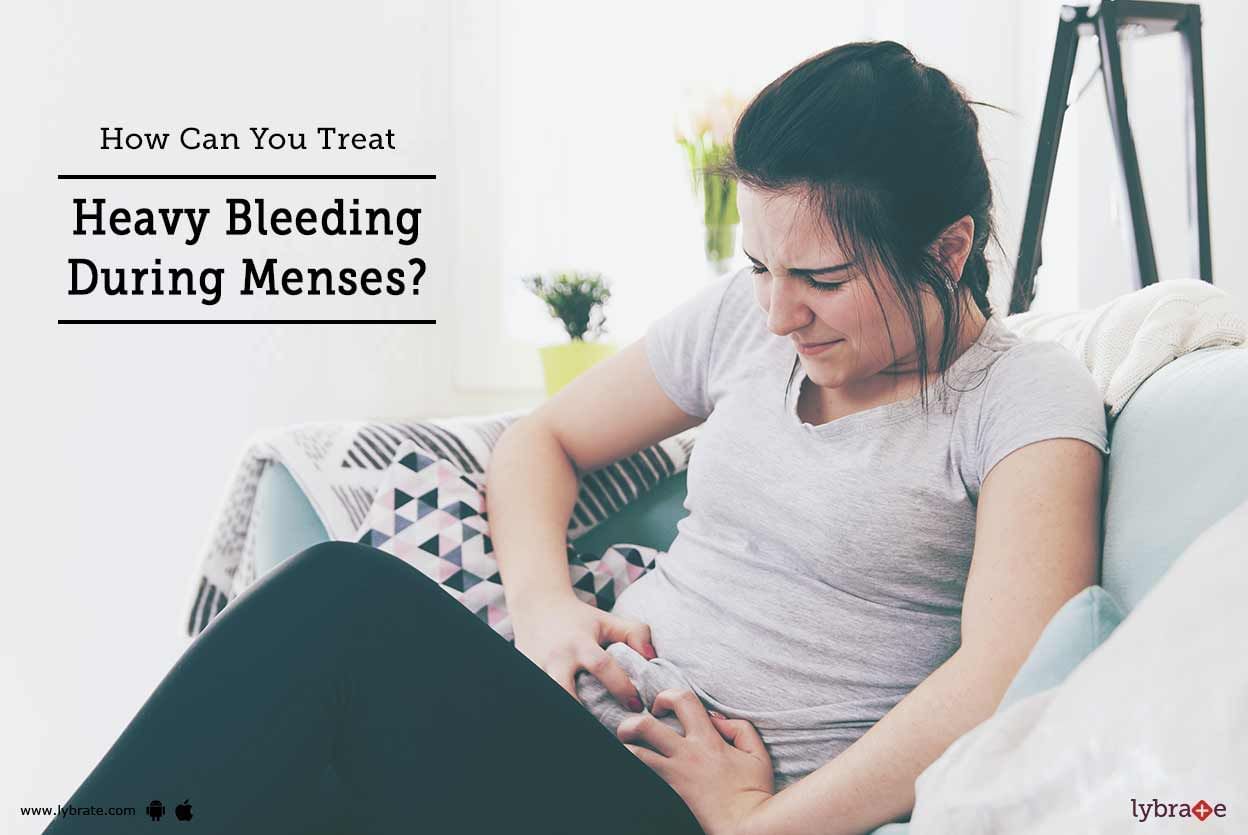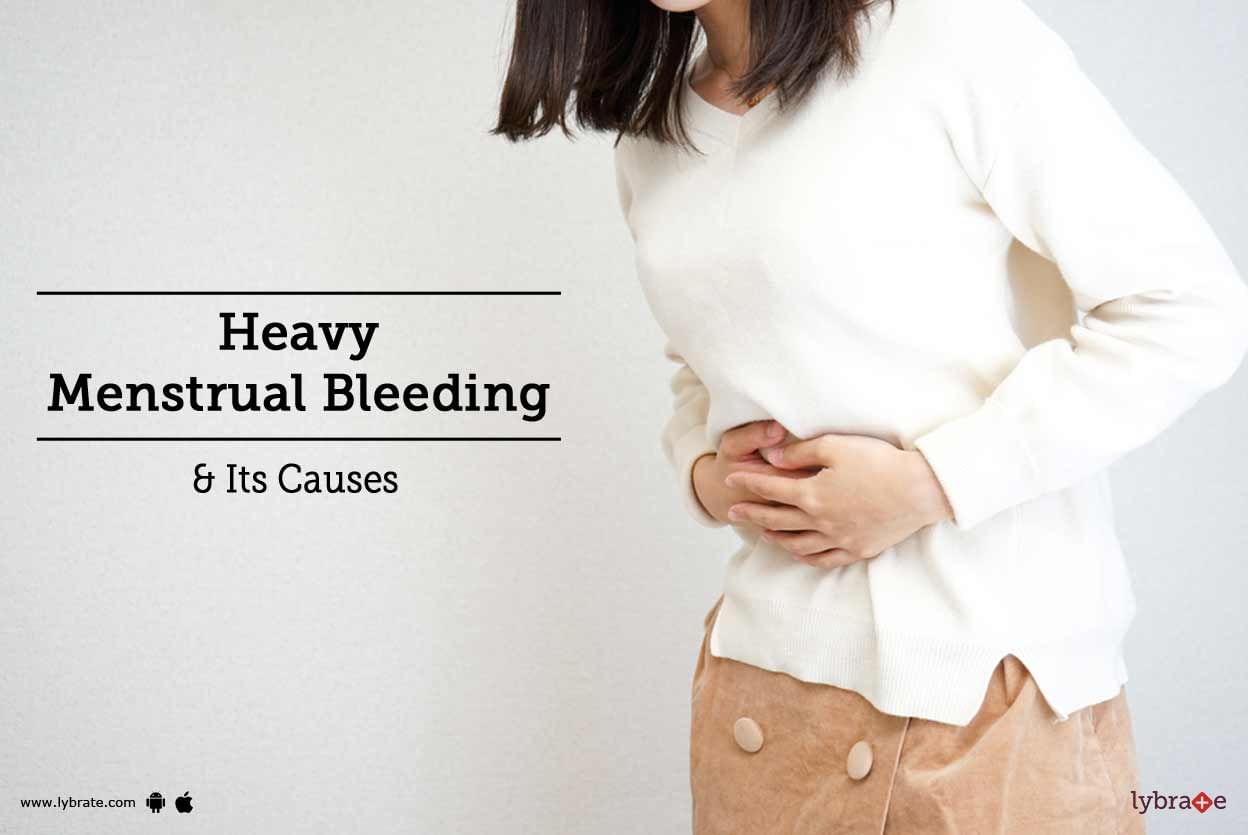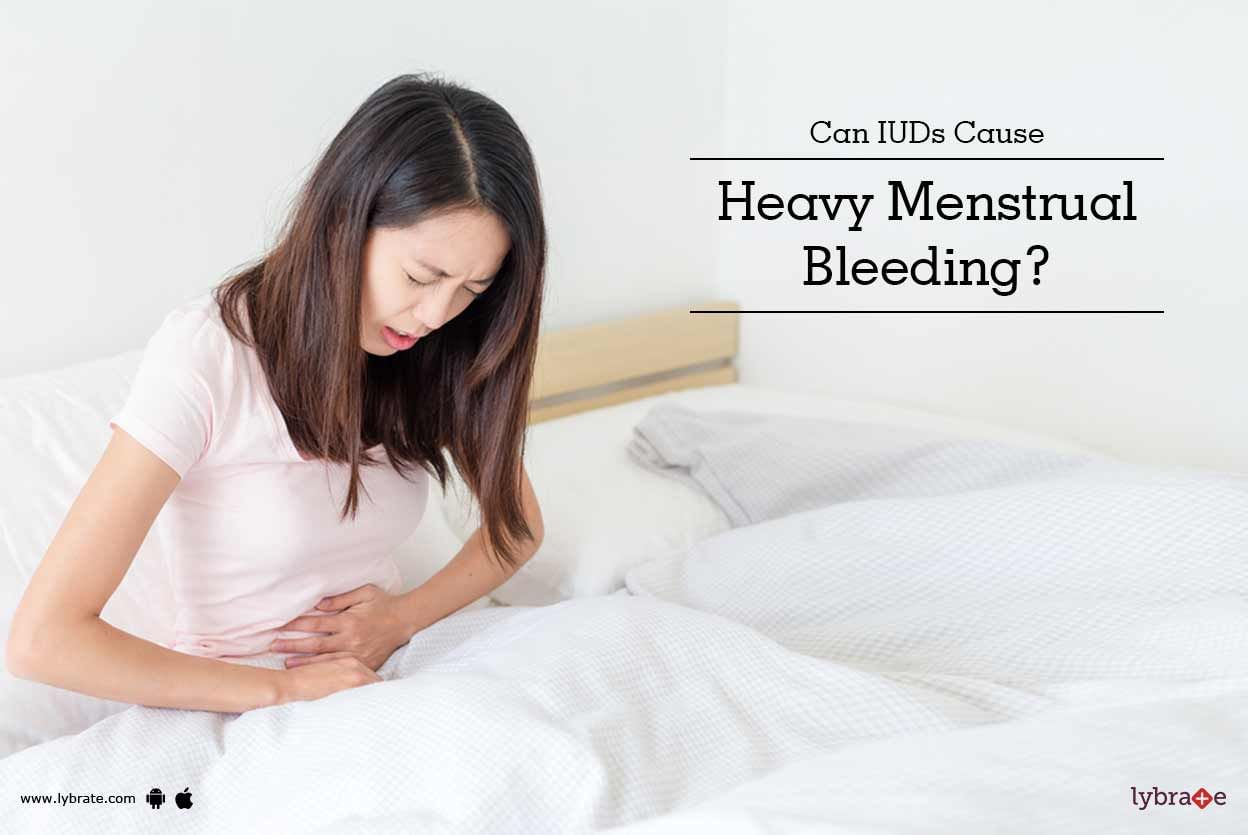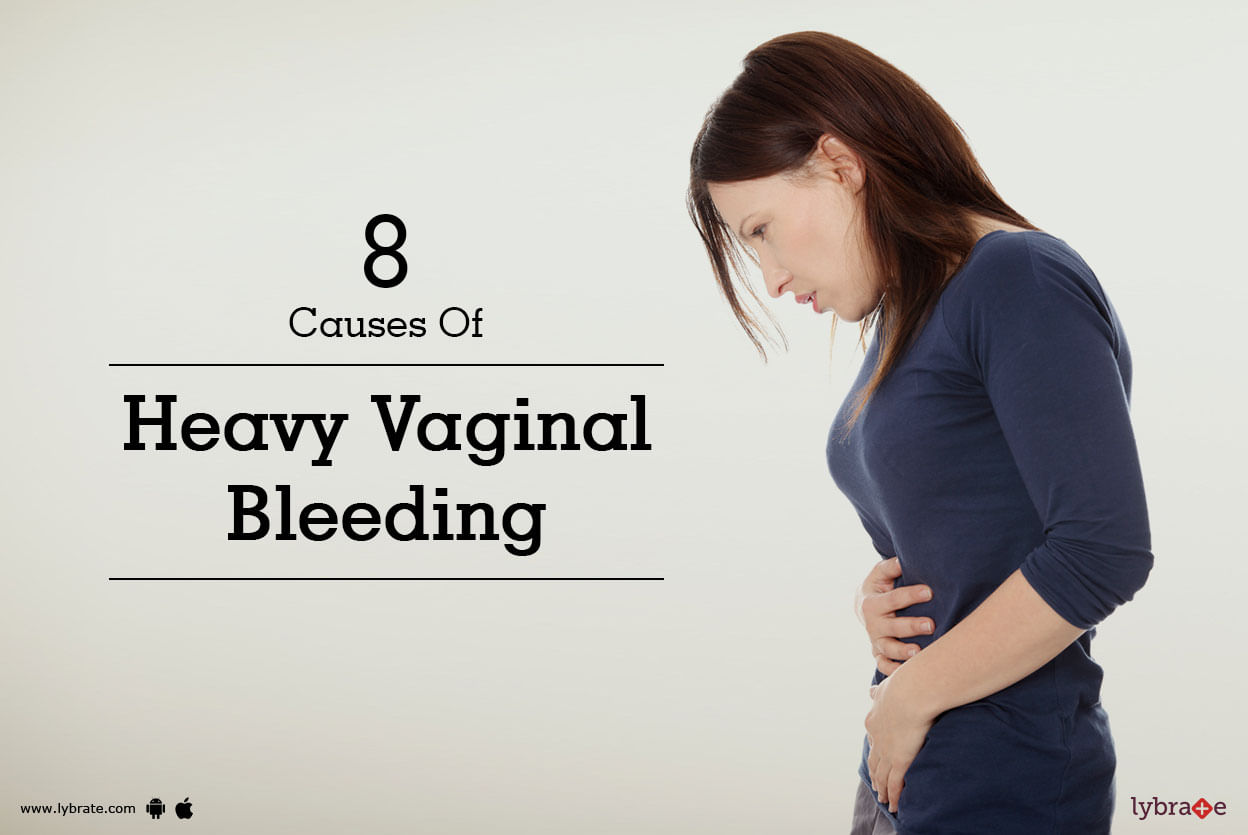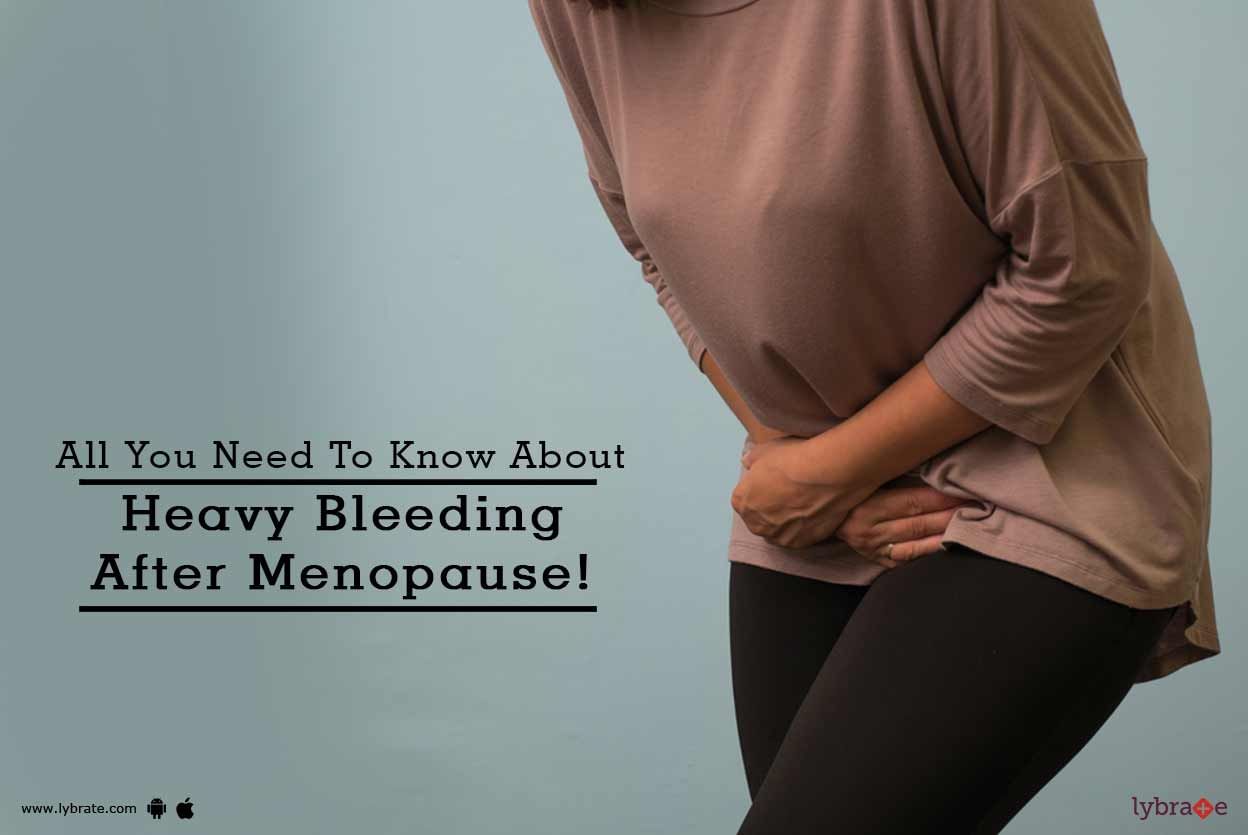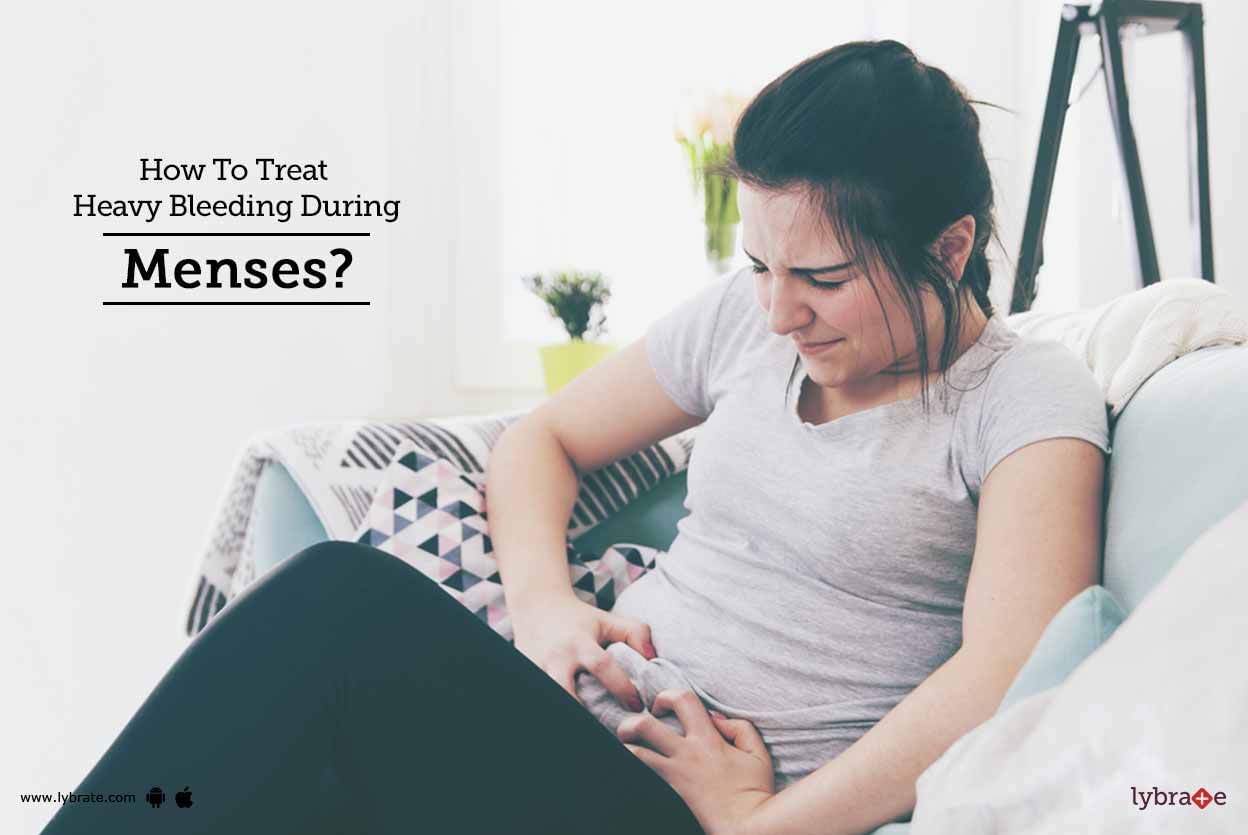Get the App
For Doctors
Login/Sign-up
About
Health Feed
AllQ&AsTipsQuizzes
Xylocaine Heavy 5% Injection Health Feed
Last Updated: 6 years ago• Featured Tip
Share
Bookmark
Report
Heavy menstrual bleeding, technically called menorrhagia, is one of the most common types of abnormal bleeding from the uterus. Menstrual bleeding is said to be heavy if there is so much blood that a tampon or pad remains soaked for several hours.
Here are all the possible causes of heavy menstrual bleeding:
1. Hormonal imbalance
Estrogen and progesterone levels are the primary control mechanism for periods. If the ovaries have a problem in functioning, hormonal imbalances...more
Here are all the possible causes of heavy menstrual bleeding:
1. Hormonal imbalance
Estrogen and progesterone levels are the primary control mechanism for periods. If the ovaries have a problem in functioning, hormonal imbalances...more
Last Updated: 6 years ago• Featured Tip
Share
Bookmark
Report
Adenomyosis is a condition which occurs when the muscle wall of the uterus is broken by the endometrium lining. You experience pressure in the lower abdomen, menstrual cramps and bloating, before the onset of menstrual periods, resulting in heavy bleeding during the periods. This disorder is not life threatening but is known to cause pain and heavy bleeding.
Symptoms-
The symptoms of adenomyosis are severe pain during periods, prolonged periods and pressure in the abdominal are...more
Symptoms-
The symptoms of adenomyosis are severe pain during periods, prolonged periods and pressure in the abdominal are...more
Last Updated: 5 years ago• Featured Tip
Share
Bookmark
Report
Menstruation is the monthly discharge of blood from the vagina, which lasts for about 5 to 6 days. It is the shedding of the inner lining of the uterus, when pregnancy does not occur after the release of egg from the ovary. Menstrual periods are generally often accompanied by painful cramps in the lower abdomen, heavy bleeding, weakness, water retention, irritability and malaise.
What is Menorrhagia?
Very heavy or prolonged periods are medically termed as menorrhagia. It is abn...more
What is Menorrhagia?
Very heavy or prolonged periods are medically termed as menorrhagia. It is abn...more
Last Updated: 6 years ago• Featured Tip
Share
Bookmark
Report
7 causes of heavy menstrual bleeding you must know about
Heavy menstrual bleeding, also known as Menorrhagia, refers to the state of abnormally heavy bleeding during periods. It's common for women at the premenopausal stage of their life to experience heavy bleeding during periods; but if you are not among them, heavy menstrual bleeding is a matter of severe concern.
If you normally lose a lot of blood during your periods or experience severe cramps that prevent you from leadin...more
Heavy menstrual bleeding, also known as Menorrhagia, refers to the state of abnormally heavy bleeding during periods. It's common for women at the premenopausal stage of their life to experience heavy bleeding during periods; but if you are not among them, heavy menstrual bleeding is a matter of severe concern.
If you normally lose a lot of blood during your periods or experience severe cramps that prevent you from leadin...more
Last Updated: 7 years ago• Featured Tip
Share
Bookmark
Report
Heavy menstrual bleeding, technically called menorrhagia, is one of the most common types of abnormal bleeding from the uterus.
Here are all the possible causes of heavy menstrual bleeding:
1. Fibroids - Fibroids most commonly occur around the age when women can get pregnant. Uterine fibroids are noncancerous growth on the uterus.
2. Blood thinners - These are medicines, which are usually anticoagulant or antiplatelet drugs.
3. Problems with iud - A non-hormon...more
Here are all the possible causes of heavy menstrual bleeding:
1. Fibroids - Fibroids most commonly occur around the age when women can get pregnant. Uterine fibroids are noncancerous growth on the uterus.
2. Blood thinners - These are medicines, which are usually anticoagulant or antiplatelet drugs.
3. Problems with iud - A non-hormon...more
Last Updated: 7 years ago• Featured Tip
Share
Bookmark
Report
7 causes of heavy menstrual bleeding you must know about
Heavy menstrual bleeding, also known as Menorrhagia, refers to the state of abnormally heavy bleeding during periods. It's common for women at the premenopausal stage of their life to experience heavy bleeding during periods; but if you are not among them, heavy menstrual bleeding is a matter of severe concern.
If you normally lose a lot of blood during your periods or experience severe cramps that prevent you from leadin...more
Heavy menstrual bleeding, also known as Menorrhagia, refers to the state of abnormally heavy bleeding during periods. It's common for women at the premenopausal stage of their life to experience heavy bleeding during periods; but if you are not among them, heavy menstrual bleeding is a matter of severe concern.
If you normally lose a lot of blood during your periods or experience severe cramps that prevent you from leadin...more
Last Updated: 7 years ago• Featured Tip
Share
Bookmark
Report
8 Alarming causes of abnormal vaginal bleeding you need to know about
Vaginal bleeding stands for blood loss from the vagina (including the vaginal wall) or uterus. Marking the beginning of a new reproductive cycle, normal vaginal bleeding (menstruation) takes place every 21-35 days.
It is regarded abnormal if it takes place
- Outside of your normal menstruation period
- When you?re pregnant
- After menopause
- Menstrual flow is heavier or lighter than normalmore
Vaginal bleeding stands for blood loss from the vagina (including the vaginal wall) or uterus. Marking the beginning of a new reproductive cycle, normal vaginal bleeding (menstruation) takes place every 21-35 days.
It is regarded abnormal if it takes place
- Outside of your normal menstruation period
- When you?re pregnant
- After menopause
- Menstrual flow is heavier or lighter than normal
Last Updated: 4 years ago• Featured Tip
Share
Bookmark
Report
Most women attain menopause between the ages of late 40s and early 60s, the average age being about 51. This is an important milestone in a women-s gynecological history. One major change is altered female hormone levels, and this leads to a lot of physiological changes. From hot flashes to mood swings, there is also increased predisposition to osteoporosis and uterine cancer.
If you have not had your menstrual cycles for close to 12 months, chances are you are into menopause. So, ...more
If you have not had your menstrual cycles for close to 12 months, chances are you are into menopause. So, ...more
Last Updated: 5 years ago• Featured Tip
Share
Bookmark
Report
Menstruation is the monthly discharge of blood from the vagina, which lasts for about 5 to 6 days. It is the shedding of the inner lining of the uterus, when pregnancy does not occur after the release of egg from the ovary. Menstrual periods are generally often accompanied by painful cramps in the lower abdomen, heavy bleeding, weakness, water retention, irritability and malaise.
What is Menorrhagia?
Very heavy or prolonged periods are medically termed as menorrhagia. It is ab...more
What is Menorrhagia?
Very heavy or prolonged periods are medically termed as menorrhagia. It is ab...more
Health Query
Share
Bookmark
Report
Hi, for cold and cough 1. Try to keep body warm
2. Do not eat and drink cold food items
3. Try to avoid persons affected with cold and cough because it spreads through droplet mode by coughing and sneezing
4. Take a tablet of levocetrizine and a basic antibiotic with an expectorant cough syrup for 4 days
5. Consult through video for details.
2. Do not eat and drink cold food items
3. Try to avoid persons affected with cold and cough because it spreads through droplet mode by coughing and sneezing
4. Take a tablet of levocetrizine and a basic antibiotic with an expectorant cough syrup for 4 days
5. Consult through video for details.
Ask a free question
Get FREE multiple opinions from Doctors
posted anonymously


